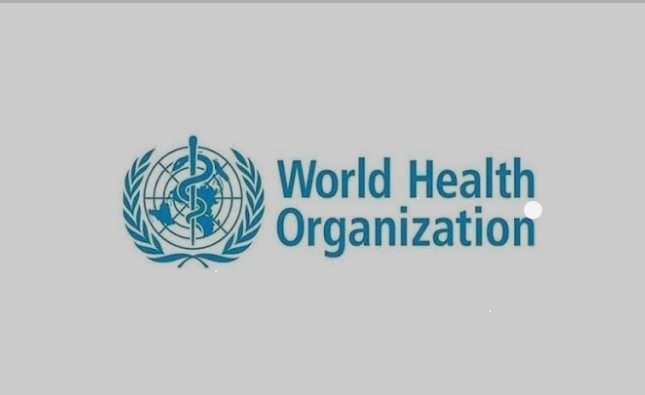… Says, Malaria A Stubborn Public Health Enemy
The World Health Organization (WHO) Regional Director for Africa, Dr. Matshidiso Moeti has hinted that nearly 30% of the population in most African countries cannot access essential health services, and most people face unacceptably high expenditures on health care.
While adding that significant inequities affect the most vulnerable, young children and women, whereas about 80% of malaria cases and deaths occur in children under five.
Malaria has been a stubborn public health enemy. In 2021 it killed 619 000 people, of whom approximately 96% lived in Africa. It is 6-20 times more likely to spread in mosquito-prone environments than the Omicron variant of SARS-COV-2.
Moeti gave this hint in her message to commemorate the 2023 World Malaria Day which was read by WHO Country Representative to Nigeria (WR), Dr Walter Kazadi Mulombo on Tuesday in Abuja.
She opined,” To reverse these trends and accelerate progress, we must rethink and revitalize our strategies by investing, innovating and implementing smartly:On investments, we are responsible for increasing funding for malaria interventions through primary health care approaches so that malaria services are accessed by the most vulnerable populations wherever they are.
“In 2021, endemic countries and partners mobilized only 50% of the estimated US$ 7.3 billion required globally to stay on track to defeat malaria. We, therefore, call on our member states to keep malaria high on their agendas as they allocate resources to health.
“On innovation, there is a great need to increase the number and efficacy of control tools and strategies so that interventions can have a greater impact.
“In this light, WHO recently prequalified new dual active ingredient insecticide-treated nets and several insecticides for indoor residual spraying. The new RTS,S vaccine deployment has been extended beyond the three initial countries and several other innovative products are in the pipeline.
“New tools and strategies are needed to address the threats of drug resistance, insecticide resistance, and new invasive vectors compromising gains in vector control. In this regard, we recently launched two strategies to support countries in the African continent as they work to build a more resilient response to malaria: (1) A strategy to curb antimalarial drug resistance and (2) an initiative to stop the spread of the new invasive Anopheles stephensi malaria vector – a dangerous vector that breeds in urban areas and has the potential of increasing transmission. Fighting against malaria vectors will require multisectoral actions and the involvement of decentralized administrative units and communities to sustain behavioural change and uptake of these tools.
“A new global framework to respond to malaria in urban areas, developed jointly by WHO and UN-Habitat guides city leaders and stakeholders. Meanwhile, a robust research and development pipeline is set to bring a new generation of malaria control tools that could help accelerate progress toward global targets.
“Finally, on implementation, we’ll prioritise this segment as part of the 2023 campaign, and the critical importance of reaching marginalized populations with the available tools and strategies to reduce transmission for present and future gains. Malaria programmes should be decentralized to the district and community levels where health systems are closest to the affected populations. We must empower frontline health workers and communities to participate fully in identifying key barriers in accessing services, ensure effective implementation of malaria control strategies and hold their leaders accountable for health outcomes”, she stressed.














